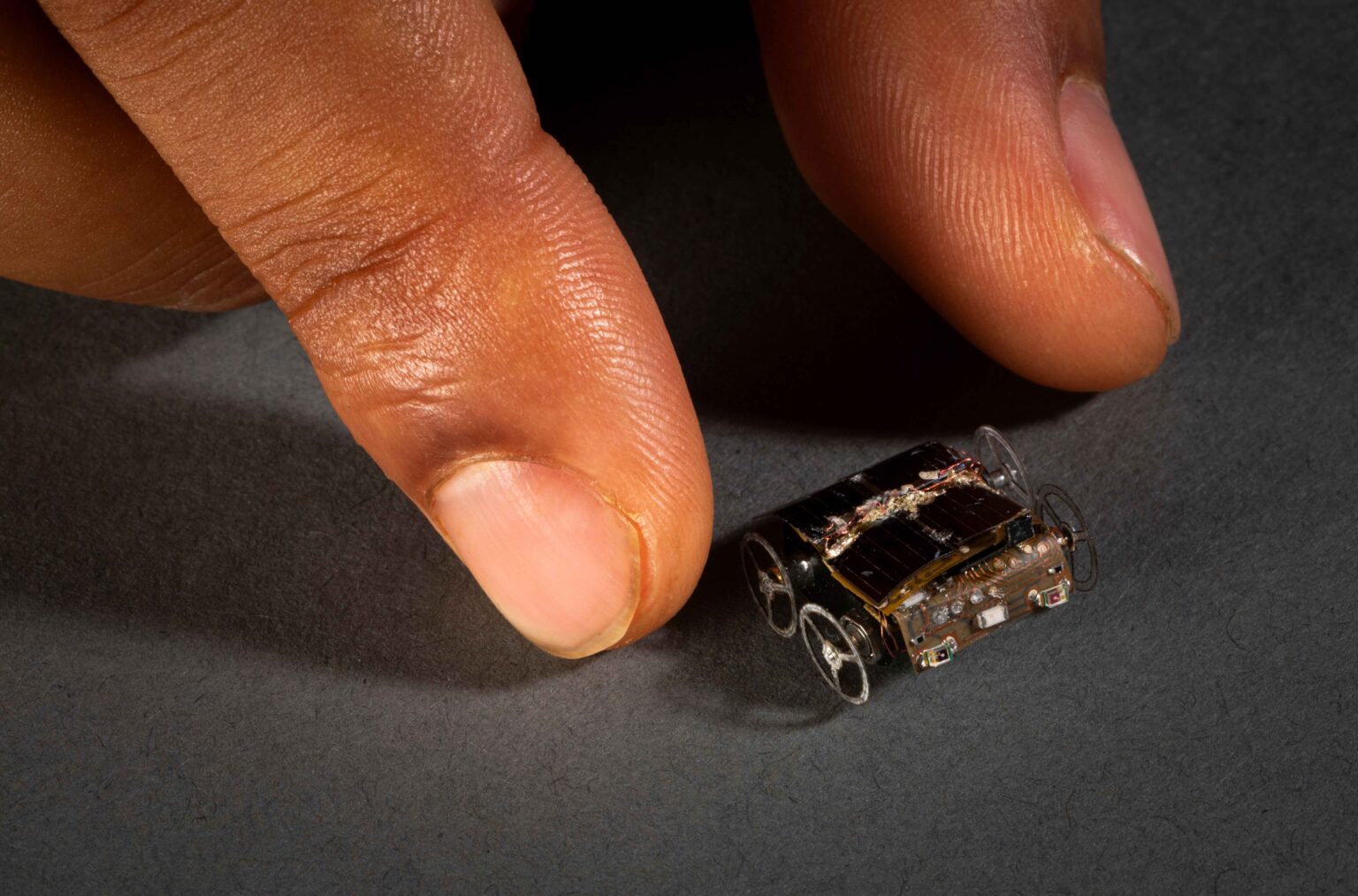A groundbreaking implant has the potential to give a voice to individuals who cannot speak. This speech prosthetic can interpret an individual’s brain signals and convey their intended speech. This innovative technology holds the potential to assist individuals with neurological disorders who have lost the ability to speak in regaining their communication abilities through a brain-computer interface.
Pioneering Brain Implant
Scientists at Duke University in the United States have developed a brain implant capable of translating a person’s brain signals into their intended speech using high-resolution neural recordings.
“There are many patients who suffer from debilitating motor disorders, like ALS (amyotrophic lateral sclerosis) or locked-in syndrome, that can impair their ability to speak,” said Gregory Cogan, one of the study’s corresponding authors. “But the current tools available to allow them to communicate are generally very slow and cumbersome.”
Currently, speech decoding technology can manage about 78 words per minute, while human speech is around 150 words per minute. This lag is due to the number of brain sensors used; fewer sensors mean less accurate information.
Refining Accuracy and Speed for Future Developments
To improve this, researchers used 256 tiny brain sensors on a small, flexible medical-grade plastic. This allowed for better signal quality and spatial accuracy, crucial for understanding brain signals for speech, as even closely located neurons can have different activity patterns.
The team tested the device on four patients, involving the placement, testing, and subsequent removal of the device. These patients were undergoing brain surgery for unrelated conditions, such as Parkinson’s disease treatment or tumor removal.
The decoder demonstrated an overall accuracy of 40%, a modest figure. However, the algorithm achieved this using just 90 seconds of spoken data within a 15-minute test, suggesting potential for improvement.
To enhance accuracy and decoding speed, the researchers plan to refine the device further. A grant from the National Institutes of Health (NIH) supports their efforts to develop a cordless version.







